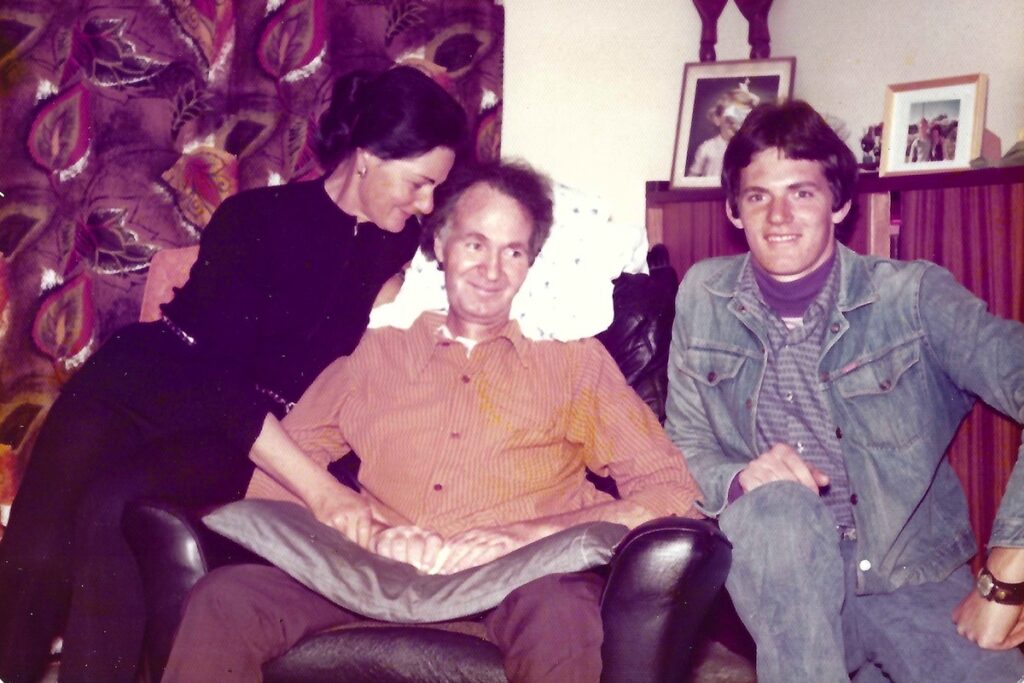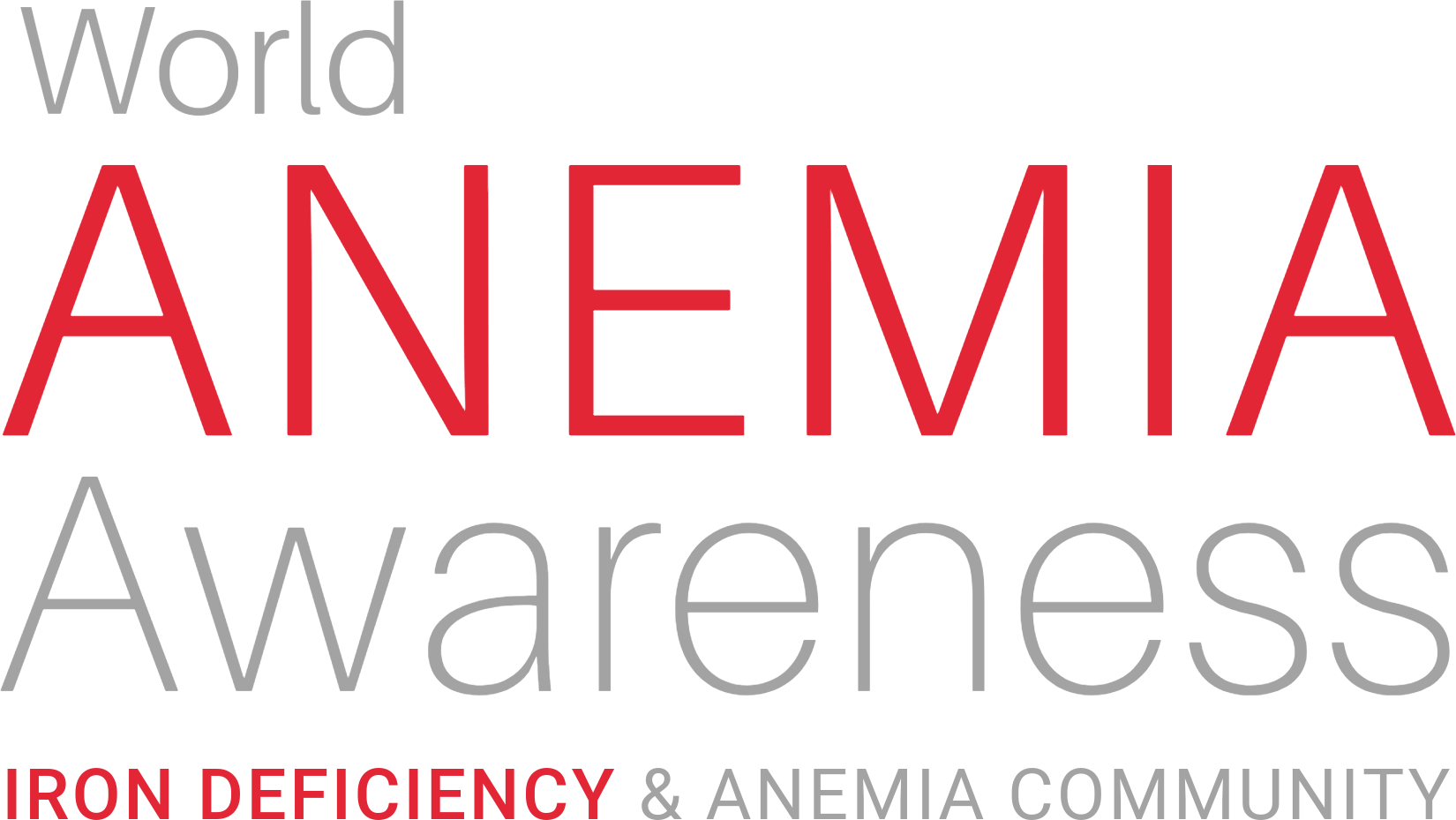Unseen Battles: Coping with the Stress of Health Crises
What comes to mind when you think of stress? Deadlines? Finances? Arguments? These are common triggers, but there’s another kind of stress we don’t talk about enough—the quiet, heavy burden of stress caused by a serious health crisis.
It’s not just about the person who’s unwell; it affects their family and loved ones in profound ways. During Stress Awareness Month, we want to honor these unseen battles, share real stories of resilience, and explore how we can better understand and manage this unique kind of stress.
The Hidden Toll of Health Crises
Health-related stress isn’t always obvious. For families coping with conditions like severe anemia or chronic illnesses, the stress can be overwhelming and relentless. It’s the kind of stress that keeps you up at night, worrying about medical decisions, treatments, or even just making it through another day. Then there’s the tsunami of stress when a medical emergency occurs resulting in life-threatening blood loss.
Have you ever been in a situation where a loved one’s health completely consumed your life? These moments can be incredibly tough, but they also reveal how strong and resilient people can be—even when they don’t feel it at the time.


Resilience Through Paralysis
In 1972, Shannon Farmer was only 18 when his father, David, became paralyzed far from home. Unable to move or speak, David could communicate only by blinking. Imagine the emotional toll this took on Shannon and his family. They refused to give up, though. Determined to bridge the silence, Shannon taught himself to lip-read his father’s mouth movements. Together, they found a way for David to still have a say in his own care—even from a hospital bed.

Heartbreak & Hope
Holly a young healthy woman, experienced a tragic pregnancy complication, leading to severe bleeding and the loss of her baby. She went to her local country hospital after feeling abdominal pain and bleeding. Within hours, she lost over 80% of her blood—a life-threatening amount. The physical trauma, coupled with the emotional devastation of losing her child, would have been overwhelming for Holly. It’s hard to imagine the fear and helplessness her family must have felt. This story reminds us just how taxing health emergencies can be for families, especially during life-changing moments.

Beating Severe Anemia
Amy, in her late 50s, faced a critical health scare with severe bleeding and extreme anemia after surgery. Her condition left her disoriented and weak, struggling to regain her strength. The stress didn’t stop there—it extended to her loved ones, who watched her battle confusion and physical exhaustion, fearing for her life. Severe anemia reduces the oxygen carried to the body’s tissues and organs, which can make recovery even more challenging.
A Doctor Becomes the Patient
Dr. Lorena wasn’t just any patient—she was a hematologist, someone who had spent her career helping others navigate blood disorders. But when she was diagnosed with breast cancer shortly after giving birth to her second child, Lorena’s world turned upside down. She faced anemia firsthand, not as a doctor, but as a patient fighting for her life while also caring for her newborn.
Anemia made her treatment even harder, leaving her body weaker at a time when she needed strength the most. But Lorena’s resilience shines through. Her unique perspective—as both doctor and patient—offers a rare, deeply personal insight into why understanding and protecting your blood health is critical, especially during serious illnesses like cancer.
In sharing her journey, Lorena reminds us all: Know your blood health, ask questions, and never be afraid to advocate for yourself.
Her story is a testament to the courage it takes to heal, and the power of knowledge in facing whatever life brings.
Dr Lorena Costa Correa from Brazil shares her journey with cancer. Watch until the end to see her takeaways for all of us.
You can hear more from Dr Lorena chatting with Sarah & MaryAnn over on Lets Talk Patient Blood Management.
Understanding Stress in Everyday Life
What can we learn from Shannon, Holly, Amy and Lorena? Their stories show us how health crises affect not only the person who’s unwell but also everyone around them. Stress, in these moments, isn’t just an emotional response—it’s a shared burden that can bring families closer or leave them feeling overwhelmed.
Also, the connection between anemia, iron deficiency, and stress runs deeper than many realize. When the body is low on iron, it struggles to produce enough healthy red blood cells, leaving individuals feeling fatigued, weak, and mentally foggy. This physical toll often creates emotional strain, as managing symptoms and treatment can be overwhelming. To make matters worse, stress itself can worsen anemia by affecting appetite and nutrient absorption, setting up a cycle where both conditions intensify each other. Addressing your blood health is essential for breaking this cycle and regaining balance.
Simple Ways to Take Charge of Stress
Stress is part of life, but there are practical steps you can take to manage it:
Know what’s making you stressed
Talk to someone—a family member or a friend
Visit a doctor or counselor if it feels overwhelming
Eat healthy food, drink water, and get enough rest
Take short breaks to calm down and recharge
Join a group or community
A Growing Problem—and a Path to Solutions

Did you know that anemia and iron deficiency affect billions of people worldwide, especially women? It’s a global issue with personal implications, as it can leave people too tired and weak to live their normal lives. But the good news is, these conditions are manageable with the right knowledge and care.
By raising awareness, we empower individuals and families to seek solutions and find hope. And by sharing stories like Shannon’s, Holly’s, and Amy’s, we remind each other that even in the face of immense stress, courage and resilience can shine through.
Take Action Today
Could stress be hiding something more? Learn about the 6 signs of iron deficiency you shouldn't ignore — your health might be trying to tell you something important.
COMING SOON
“Why Women Are at Higher Risk of Anemia”
Subscribe to be the first to know when it’s live!
